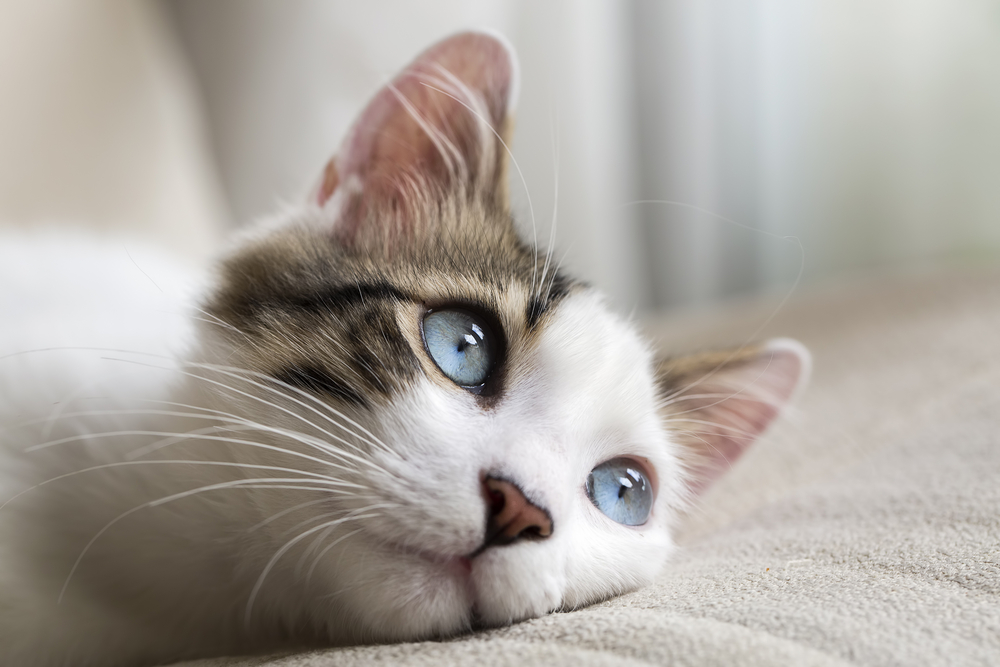My Cat Has FIV! What Is It and Is It Treatable?

Feline immunodeficiency virus (FIV) only affects cats. As implied by its name, FIV weakens a cat’s immune system and allows for secondary illnesses in cats that are positive for FIV. The symptoms of FIV can stay dormant for years with the cat owner unaware. Once it manifests, it wreaks havoc on a cat’s ability to fight off disease and infections.
If your cat has FIV, or you want to know about the illness, the team at Oakland Veterinary Referral Services offers information to better help you care for your feline friends.
An Overview of Feline Immunodeficiency Virus
Feline immunodeficiency virus is a contagious disease that impacts up to 5% of cats in North America. The most likely way it is transmitted is when a healthy cat comes into contact with the saliva of an infected one, usually through a bite or wound. Risk from sharing food and water bowls and being housed together is low, unless the cats are prone to fighting or aggression.
Unneutered males are the most at risk because they will often fight for territory. Another mode of transmission is from a mother cat to her kittens, in utero or during nursing.
FIV attacks the immune system, allowing for viruses, fungi, bacteria, and other things in the environment to create illness. In a healthy cat, these things in the environment wouldn’t have such an impact and are mostly harmless, but not with a cat that is immunocompromised.
While symptoms can remain dormant for years, the more common clinical signs of FIV are:
- Enlarged lymph nodes
- Loss of appetite
- Fever
- Anemia
- Weight loss
- Poor coat condition
- Diarrhea
- Inflammation of the eyes, gums, and mouth
- Sneezing
- Wounds that won’t heal
If Your Cat Has FIV: Diagnosis and Treatment
In order to get a proper diagnosis, a veterinarian will conduct a series of blood tests and conduct an examination. If you have a multicat household, we will need to test all household cats.
If your cat has FIV, treatment varies based on the symptoms. There is no cure for FIV, but your veterinarian can manage any secondary infections and conditions caused by the disease. Increasing the quality of your pet’s diet and supplements is recommended, along with anti-inflammatories and immune-boosting drugs.
Since there is no available vaccine to prevent the spread of this disease, we recommend the following:
- Keep your cat indoors
- If they want to go outdoors, supervise them or walk them on a leash
- If you adopt or bring another cat into the home, have them tested for FIV and other diseases that are transmissible before allowing them around other cats in the home
- Keep your pet’s wellness exams and vaccine schedule as priorities in order to prevent spread of FIV and maintain your cat’s health
If you would like more information about feline immunodeficiency virus, or to schedule an appointment, please contact your veterinarian or our team of experts. We are here for you and your best furry friend!


